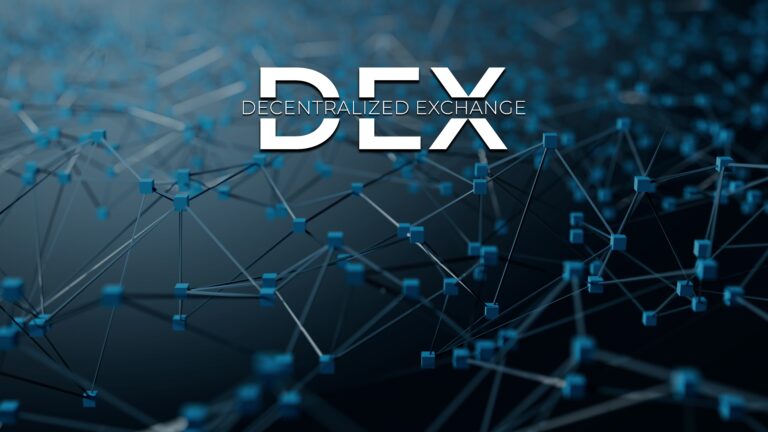
The Cayman Islands Monetary Authority has for the first time accepted a decentralised exchange as a registered person under the Virtual Asset (Service Providers) Act. Mauve, a non-custodial exchange for trading real world assets, such as stablecoins or fixed income, went live in September.
Carey Olsen partner Chris Duncan, who led the team that assisted Mauve Limited in its application, said CIMA’s approval is “groundbreaking”, as it makes Mauve the first regulated decentralised exchange in the digital assets space.
He said it confirms that “CIMA is a forward-thinking regulator, willing to embrace novel DeFi applications on their merits”.
Mauve provides a platform for trading virtual assets in a fully anti-money laundering (AML) and know-your-customer (KYC) compliant way, while allowing users to maintain custody over their assets. It targets institutions and sophisticated users who require assurance that their counterparties to a trade have been verified and screened for sanctions and illicit activities.
The company said in a press release that tokenised assets were a multi-trillion-dollar opportunity but difficult to trade in a decentralised, non-custodial environment. Because asset issuers must meet stringent anti-money-laundering requirements and comply with national regulatory regimes, their offerings are often incompatible with much of the permissionless DeFi infrastructure built today.
Mauve solves this problem by operating fully compliant pools that are customisable. In DeFi a liquidity pool is a smart contract that holds a pool of funds provided by liquidity providers and is used to facilitate trades on a decentralised exchange, which are recorded on a blockchain.
Such pools are configured with the most advanced AML and sanctions checks, embedded directly on-chain, Mauve said. In addition, pool access can be further restricted by geographic jurisdiction and investor categories. For instance, Mauve is currently not available to US users due to ongoing regulatory uncertainty, and some pools are only accessible to accredited investors.
Markus Maier, co-founder of Mauve, said he believes the future of finance is on-chain. “The foundation is our programmable compliance infrastructure, Violet, which we purpose-built for the needs of real-world asset issuers and institutional buyers. The result is Mauve, a DEX uniquely positioned as the primary liquidity venue for compliant asset trading on-chain.”
The company said its trading pairs revolve around assets that have robust institutional demand and compliance requirements. Mauve will, for instance, offer Coinbase’s cbETH and Alluvial’s lsETH, two liquid staking tokens that are fully AML compliant. In addition, Mauve offers Circle’s USDC and EuroCoin, two stablecoins fully backed by the respective fiat currencies.
More trading pairs will launch in the upcoming months with a focus on supporting issuers of tokenised real-world assets like treasury bills, credit, and bonds.
“We are thrilled to partner with the biggest real-world asset issuers on their journey to evolve DeFi,” said Philipp Banhardt, co-founder of Mauve.
He said the industry had been waiting for a systemic solution like Mauve that incorporates compliance without compromising the ability of developers to access it. Anyone can integrate with Violet’s compliance infrastructure and automatically gain access to Mauve as an exchange primitive – a computer programming term for a set of fundamental language elements that serve as the foundation for a programming language.
“We cannot wait for what the industry will build on top of it,” Banhardt added.
Sean Lippel, general partner at FinTech Collective, a venture capital firm that invests in future financial infrastructure, said despite the benefits in terms of integrity, efficiency and automation, it is not guaranteed that large parts of the financial markets will move on-chain over time.
However, “Mauve/Violet solves the critical missing link by establishing a modular identity and compliance infrastructure layer that finally makes it feasible for global enterprises and institutions to partake in the benefits of decentralised finance,” Lippel added.


